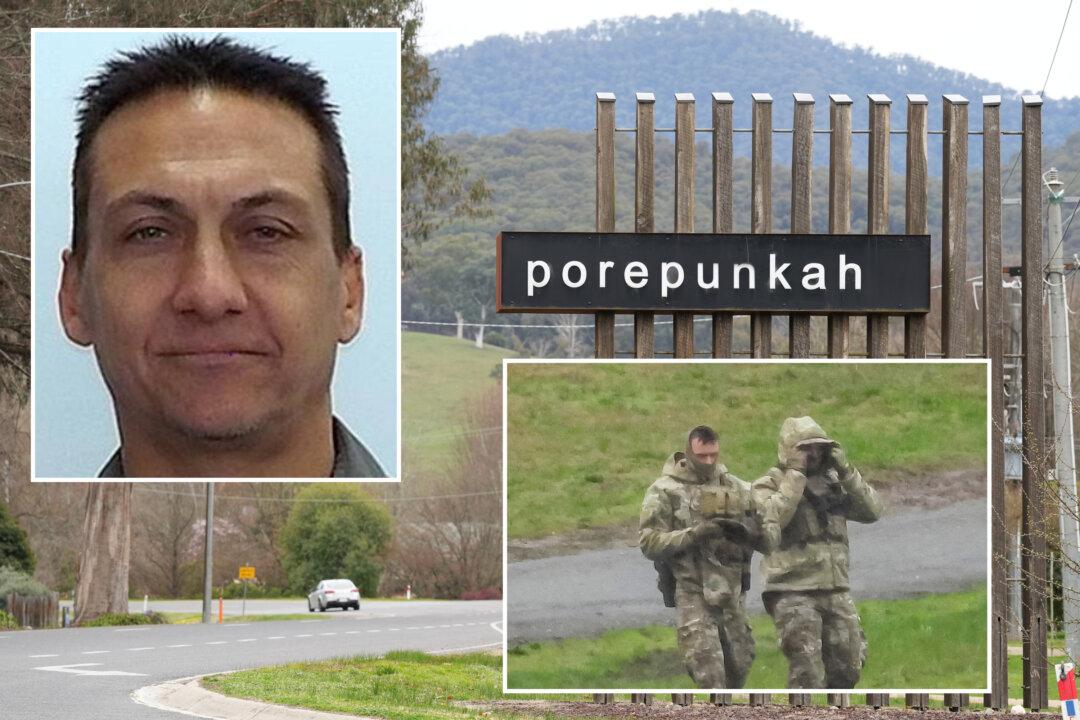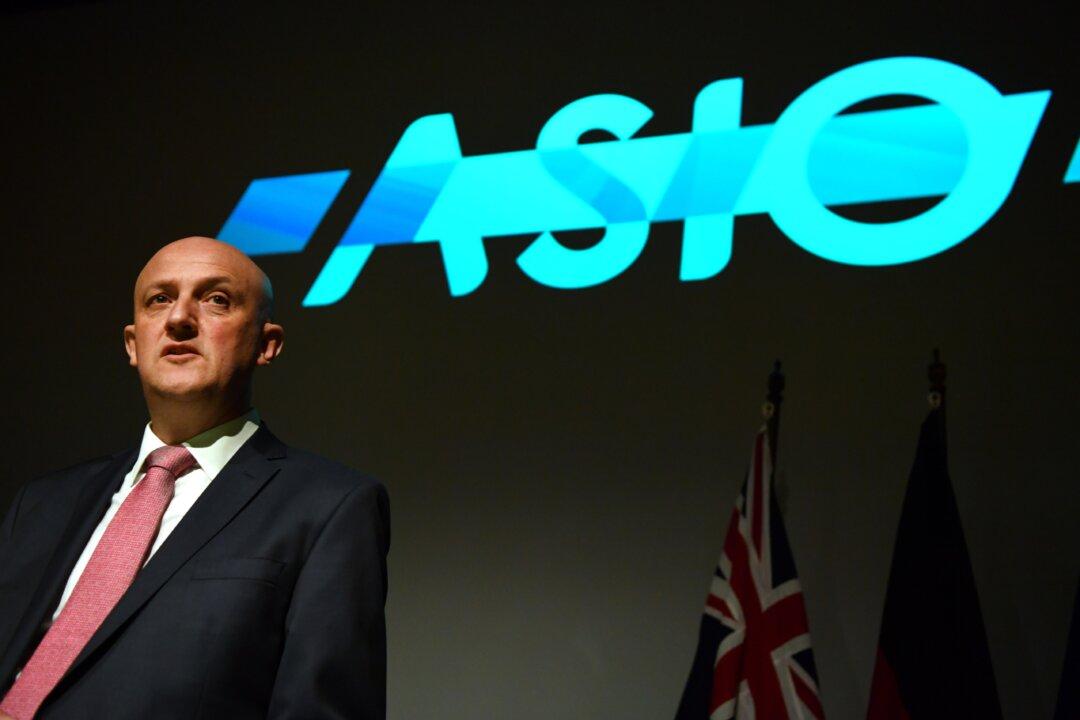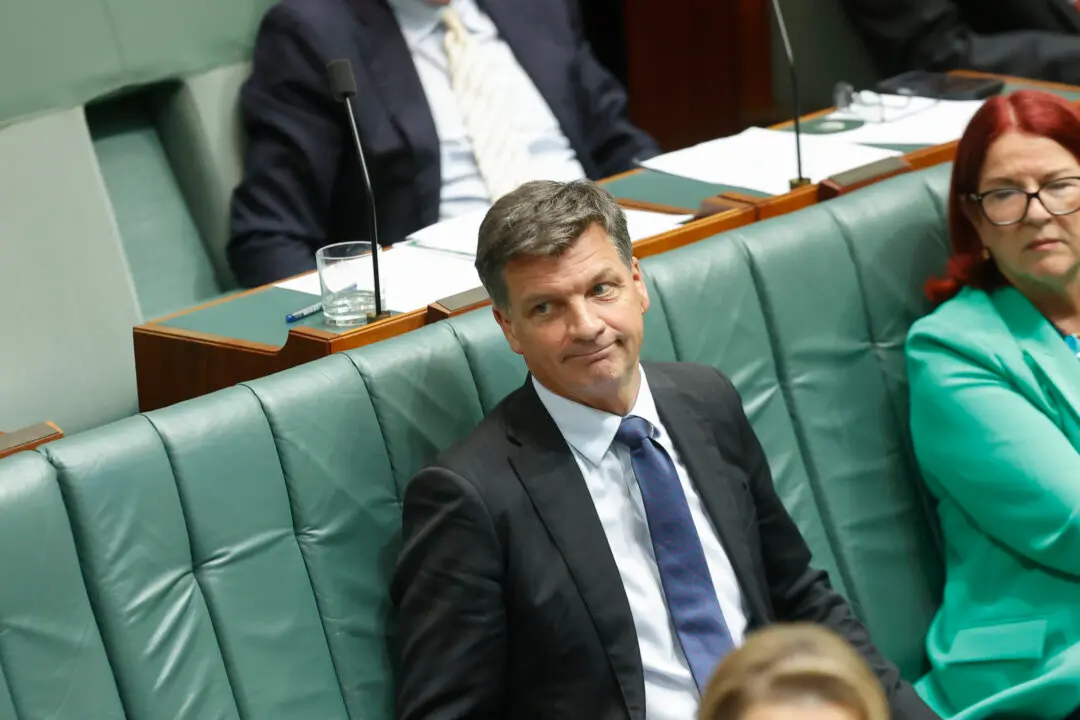Australia has experienced nine suspected terror incidents over the past year, a third of which involved religiously motivated violence, according to Mike Burgess, director-general of security at the Australian Security Intelligence Organisation (ASIO).
While none of the cases were connected to the ongoing Middle Eastern conflict, “the majority of incidents were allegedly motivated by nationalist and racist ideologies or mixed ideologies,” Burgess told a Senate inquiry on Nov. 4.





